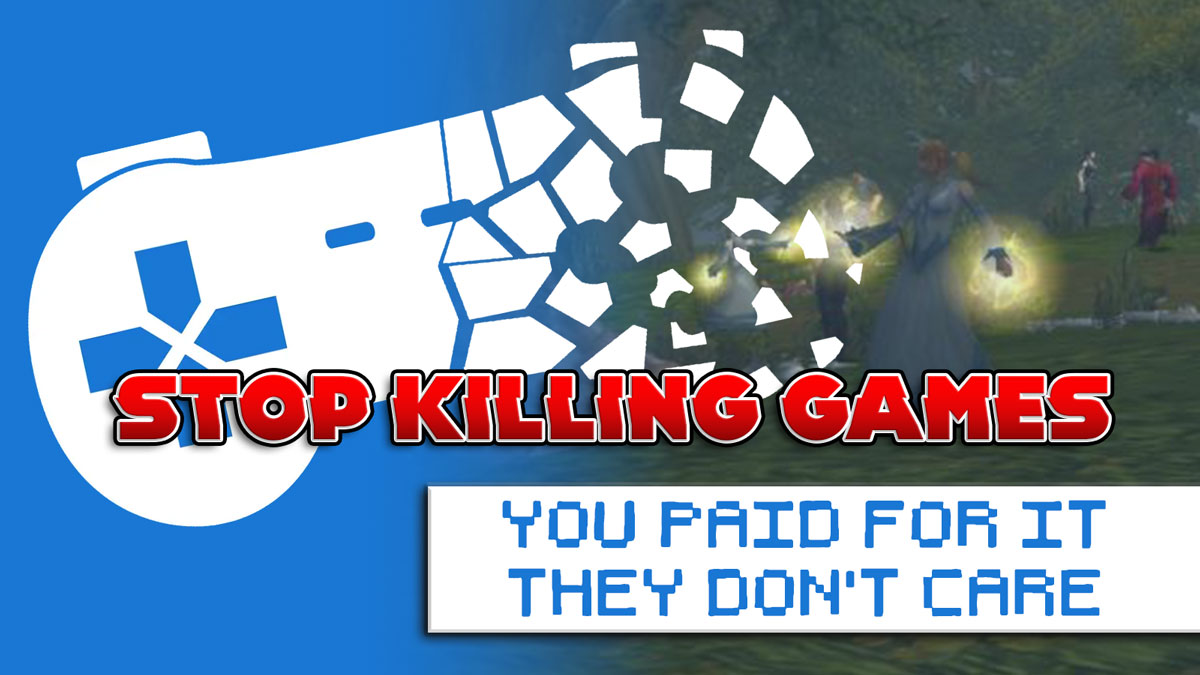

How the Industry Keeps Killing Our Favorite Games
Remember when buying a game meant owning it?
Yeah, I barely do either.
Welcome to gaming in 2025, where publishers shut down games you paid for, delete them from your library, and brick your systems if you look at them funny. If that sounds dystopian, congratulations: you’re still capable of independent thought.
This is why the Stop Killing Games movement exists. It’s not just a slogan; it’s pushback from gamers who are sick of watching digital purchases vanish like they were never real.
You Bought Their Game, They Killed It
Let’s start with Ubisoft’s The Crew. Not only did they kill the servers, they made the game completely unplayable (yes, even in single-player). And as a bonus, they wiped it from digital libraries. And if you paid for it?
Congrats on owning absolutely nothing.
This isn’t a one-off. Battleborn, Mirror’s Edge Catalyst, Babylon’s Fall, and many others have all been banished to the shadow realm. Some were live-service titles. Others just weren’t profitable enough.
The result’s the same though: money spent, game gone.
So What is Stop Killing Games?
It’s a growing resistance led by pissed-off players, preservationists, and creators. The idea is simple: if you sell a game, don’t pull the plug and act like we never bought it.
Apparently that’s too bold of an idea for most of the industry to handle.
How We Got Here: The Live-Service Trap
The modern publisher fantasy goes something like this: make everything always-online, slap on a battle pass, and kill the servers the moment numbers dip. No offline mode. No fallback. No refund. Just silence.
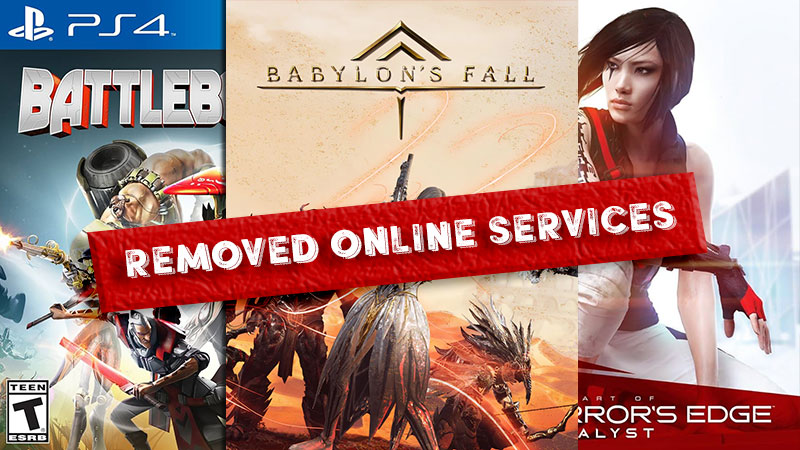
Image: A Few Games with Removed Online Services | Battleborn | Mirror’s Edge Catalyst | Baabylon’s Fall
This “games-as-a-service” model gives companies total control. And you? You’re left with a receipt for something that doesn’t exist anymore and a funderful case of buyer’s remorse.
Industry Response: Um, LOL. No
So what’s the corporate reaction? Basically nothing.
Trade groups like Video Games Europe seem more interested in lobbying to avoid regulation than they are in protecting players. Publishers treat preservation like a threat and treat modders like criminals.
Because fixing things or supporting old titles costs money. Deleting them is cheaper, cleaner, and waaay more profitable.
Nintendo’s Taking It Further
Just when you thought things couldn’t get worse, in comes Nintendo.
The upcoming Switch 2 reportedly includes terms that allow Nintendo to brick your console remotely if you attempt any modifications or repairs (yes, seriously). That’s not ownership. That’s a rented $450+ box with a built-in kill switch.
Want to back up your saves? Jailbreak your console to fix the interface? Replace a drifting stick? Now you’re violating the terms of use.
Get flagged, and your system could be toast.
It’s not just games they’re trying to kill – it’s your right to even own the hardware you paid for.
So What Do Gamers Actually Want?
We’re not asking for much. Just a little r-e-s-p-e-c-t:
Provide offline options for games that are going offline
Let us access what we’ve already purchased
Stop punishing modders and preservationists for doing your job
Communicate before pulling the plug instead of silently poofing our products
This isn’t gamer entitlement. This is the bare minimum.
Will Stop Killing Games Actually Work?
That depends entirely on whether we speak up.
Right now, companies assume we’ll stay quiet. That we’ll accept losing access to our games, data, and even our consoles – because we’re used to being treated like second-class citizens with zero rights.
But when people speak up, things can shift. Regulators start paying attention. Media coverage increases. Publishers (for once) get uncomfortable.
They’ll keep killing games until it stops making them money.
Let’s make it stop making them money.
All images, logos, and video clips used in this article are the property of their cited and respective owners. This content is used for the purposes of commentary, criticism, and news reporting under the guidelines of Fair Use (17 U.S.C. § 107). No copyright infringement is intended. If you are the copyright holder and believe your content has been used improperly, please contact us directly.
Want More?
Check These Out Next!
About Report AFK
A place for gamers, by gamers, untarnished by corporate gaming media and their nonstop attempts to elevate bad games while denouncing any developers brave enough to stand up to them.
Site Links
Copyright 2026 ReportAFK.com



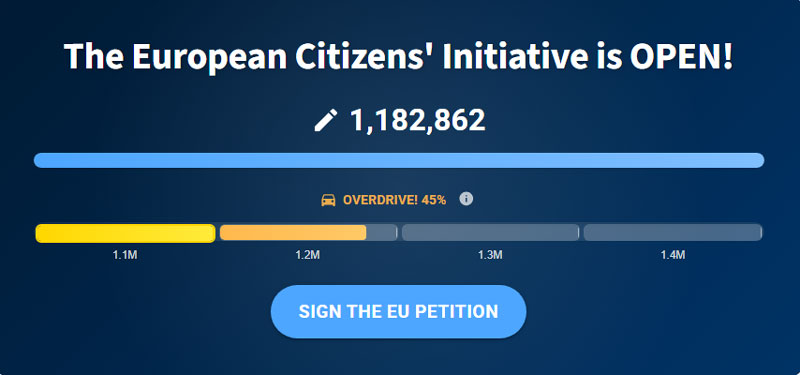
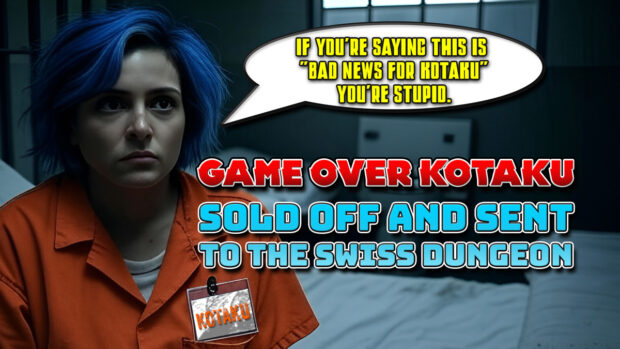
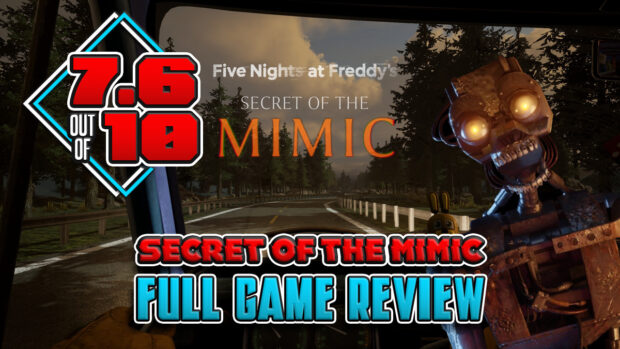
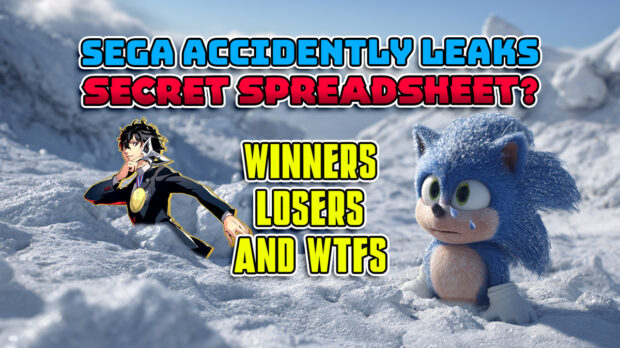




ArcticWinter
July 5, 2025
I used to play Marvels Avengers and was mad af when they shot that to shit
Ayefkay
July 5, 2025
Hey Arctic, I never actually played that one but I’m glad we have Marvel Rivals at least!
Thanks for stopping by and come back again!